DALLAS — The Federal Aviation Administration (FAA) has told Airways it has not granted an extension for Boeing to submit its report.
There were reports that FAA was set to grant Boeing an additional 90 days to develop a comprehensive plan to enhance safety measures on its production lines; however, the FAA has confirmed this was not the case. This extension would have followed an initial 90-day period mandated by the FAA to address systemic quality-control issues.
Back on April 18, leehamnews.com reported that Boeing was unlikely to meet the FAA's initial deadline, raising concerns about the company's ability to address the issues effectively. The FAA's stringent safety plan was prompted by an incident on January 5 involving Alaska Airlines (AS) Flight 1282, where a door plug blew out, causing rapid cabin decompression.
Although no fatalities occurred, the incident resulted in injuries and significant damage, not to mention hurting Boeing's already tainted safety reputation.
FAA Administrator Michael Whitaker has emphasized the need for Boeing to present a comprehensive action plan that incorporates findings from the FAA's production-line audit and the expert review panel report, as required by the Aircraft Certification, Safety, and Accountability Act of 2020.
Whitaker will hold a media briefing at 1:30 p.m. ET today after a meeting with Boeing CEO Dave Calhoun, to address the safety and quality issues. Watch here:
737 MAX De-Icing Issue Fix
Boeing has already taken steps to address safety concerns, including selecting a design modification for the 737 MAX engine inlet to prevent structural damage due to overheating from the jet's anti-ice system. However, the approval and testing process for this modification is expected to be lengthy.
The Air Current's John Ostrower writes that, as per Boeing's "internal schedule for certification" of both 737-7s and -10s, their certification has been pushed further into 2025 at the earliest due to the testing phase of the engine inlet fix after its approval.
Moreover, since the existing engine anti-ice systems for the the MAX aircraft currently in service are the same, airlines may bear the responsibility of pulling aircraft off their lines to install the modification.

The retrofitting process for active Boeing 737-8s and -9s may incur significant costs in terms of downtime and lost revenue. It remains unclear whether Boeing or the airlines will bear these expenses, though in reality, it is more likely—and more intelligent—that retrofitting will be scheduled alongside routine checks to minimize disruption.
It is worth noting that out of all the MAX flights Boeing has monitored regarding this issue, the company says only a few have met the criteria that could potentially cause failure. Of those select few flights, only one aircraft had the anti-ice system engaged for over three hours, with no adverse effects observed with the cowl. The findings highlight the rarity of incidents related to this particular issue, with some saying is a non-issue. Not for the FAA.
As the the U.S. aviation authority prepares to grant Boeing an extension, the industry is keenly watching how the manufacturer will address the outlined safety concerns in the upcoming 80th IATA Annual General Meeting (AGM) and World Air Transport Summit in Dubai, where Boeing is a Platinum Sponsor.
Stay tuned to Airways for live coverage of the 80th IATA AGM starting next week.

.jpg)
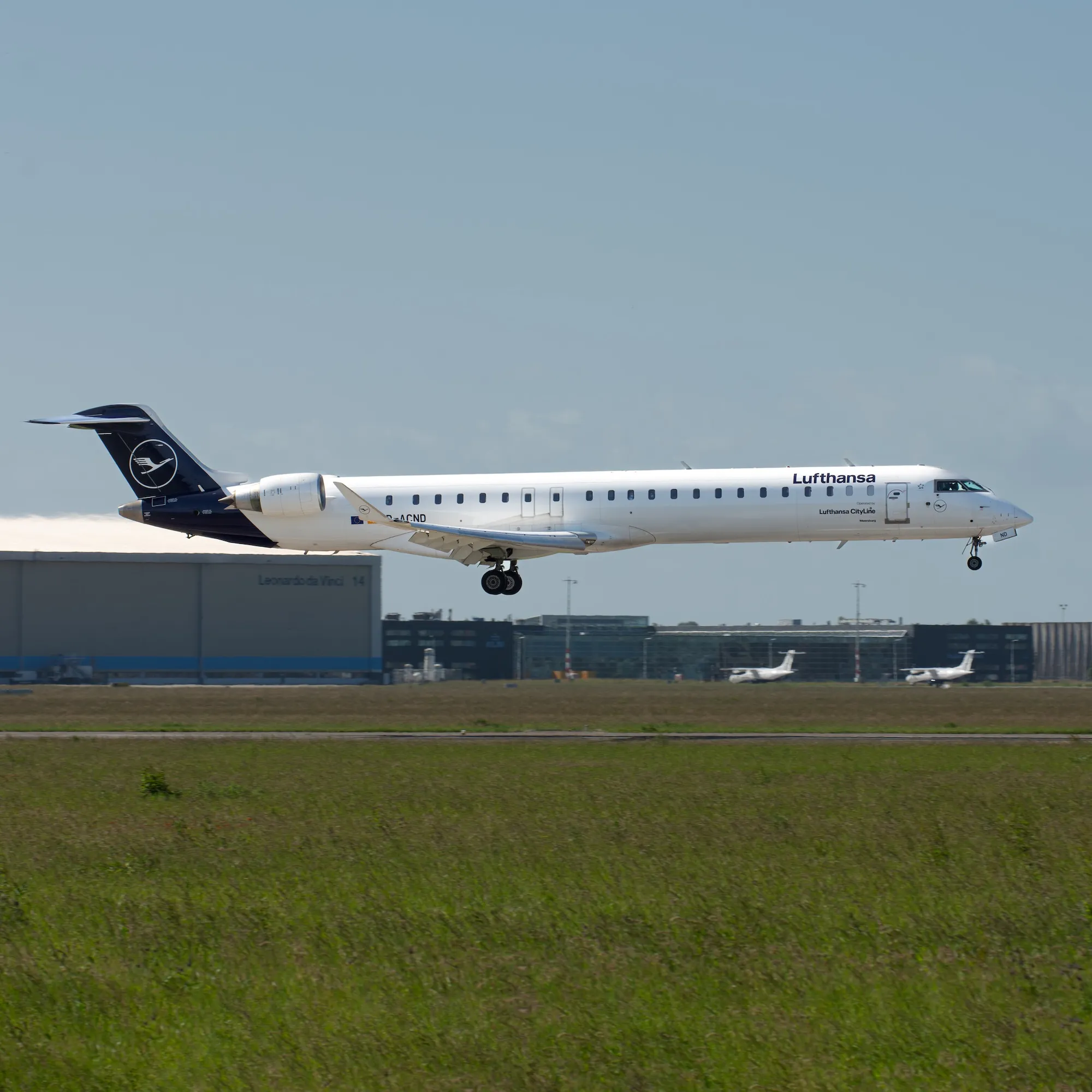
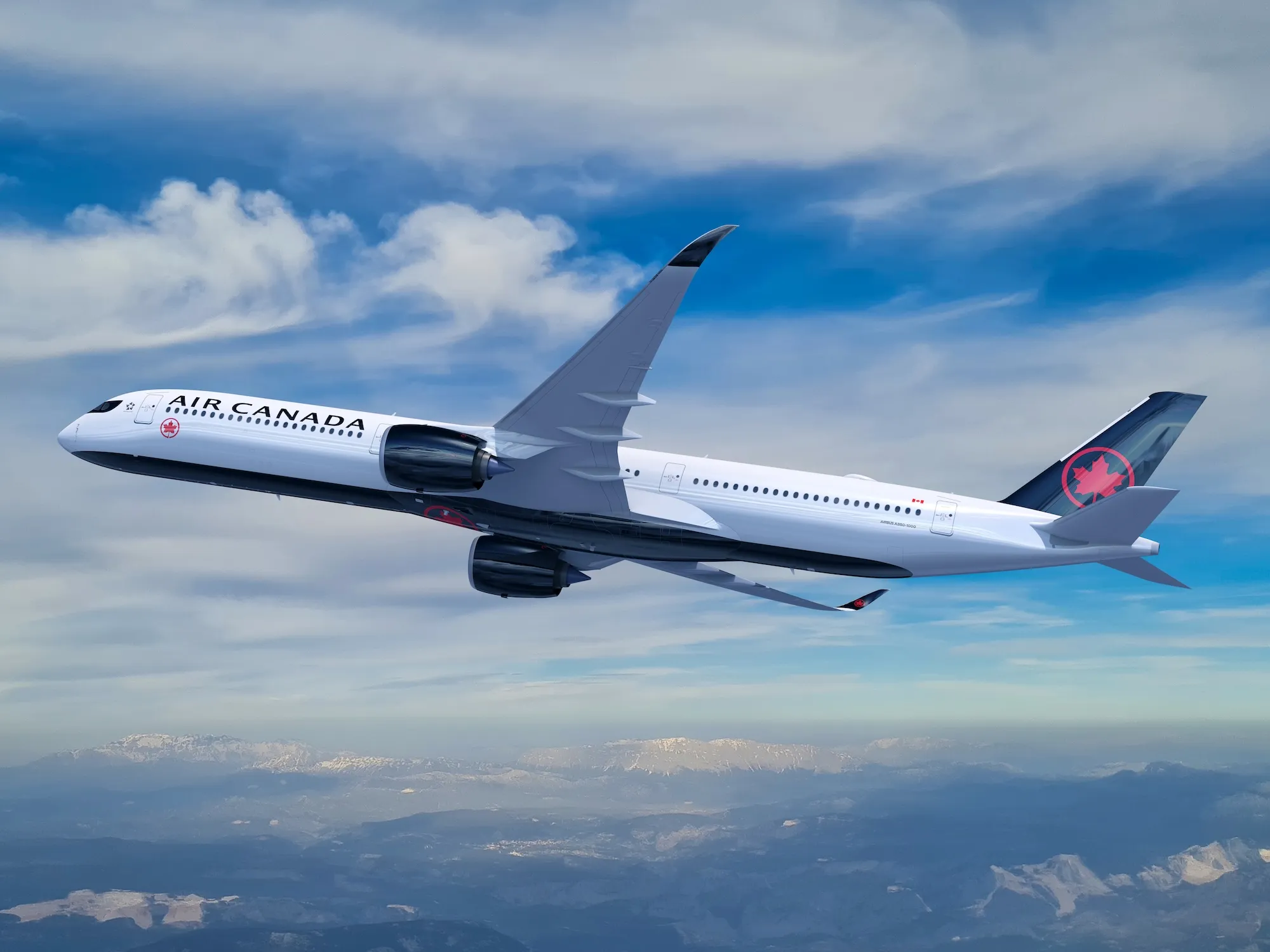
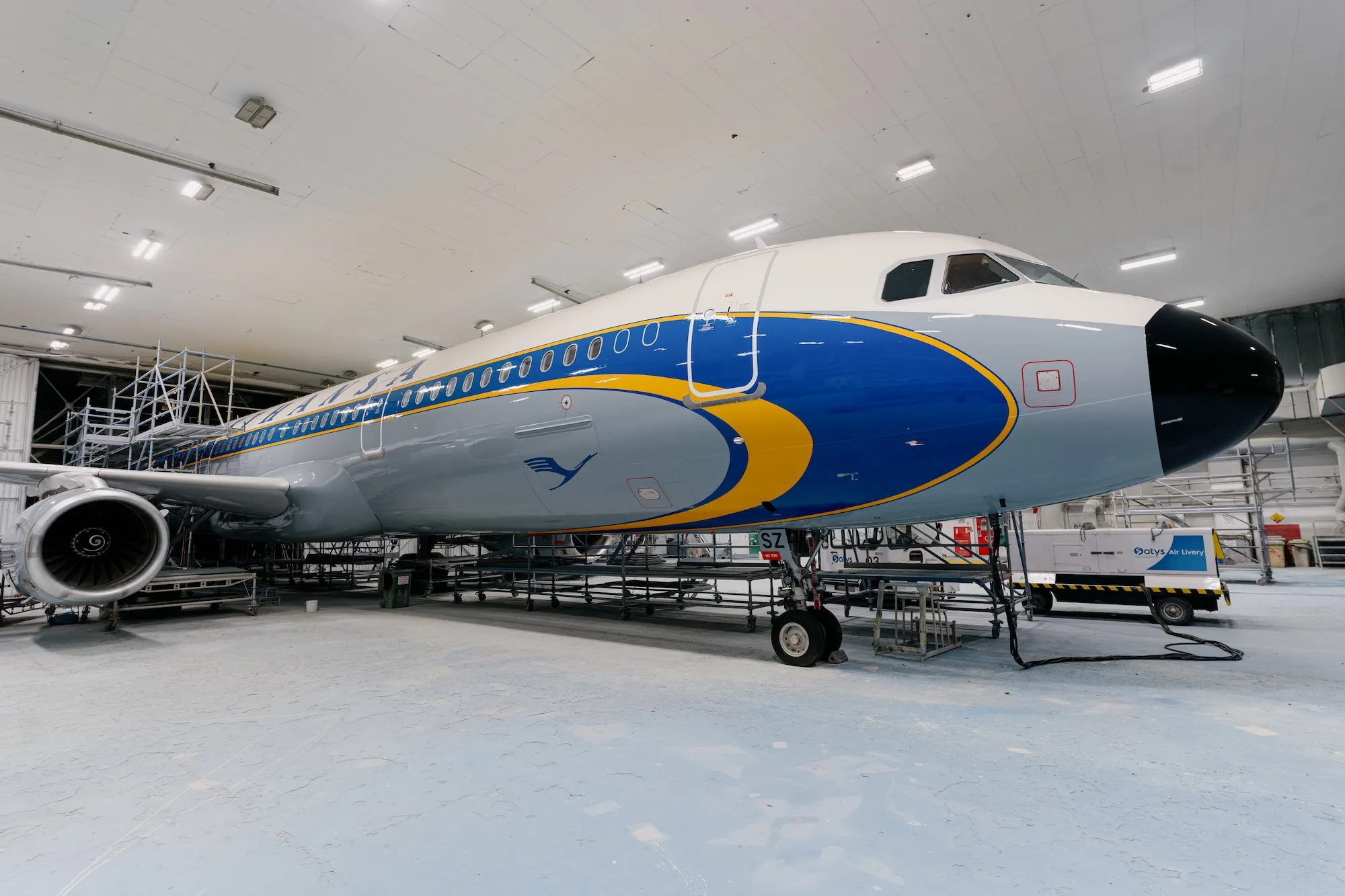
.webp)
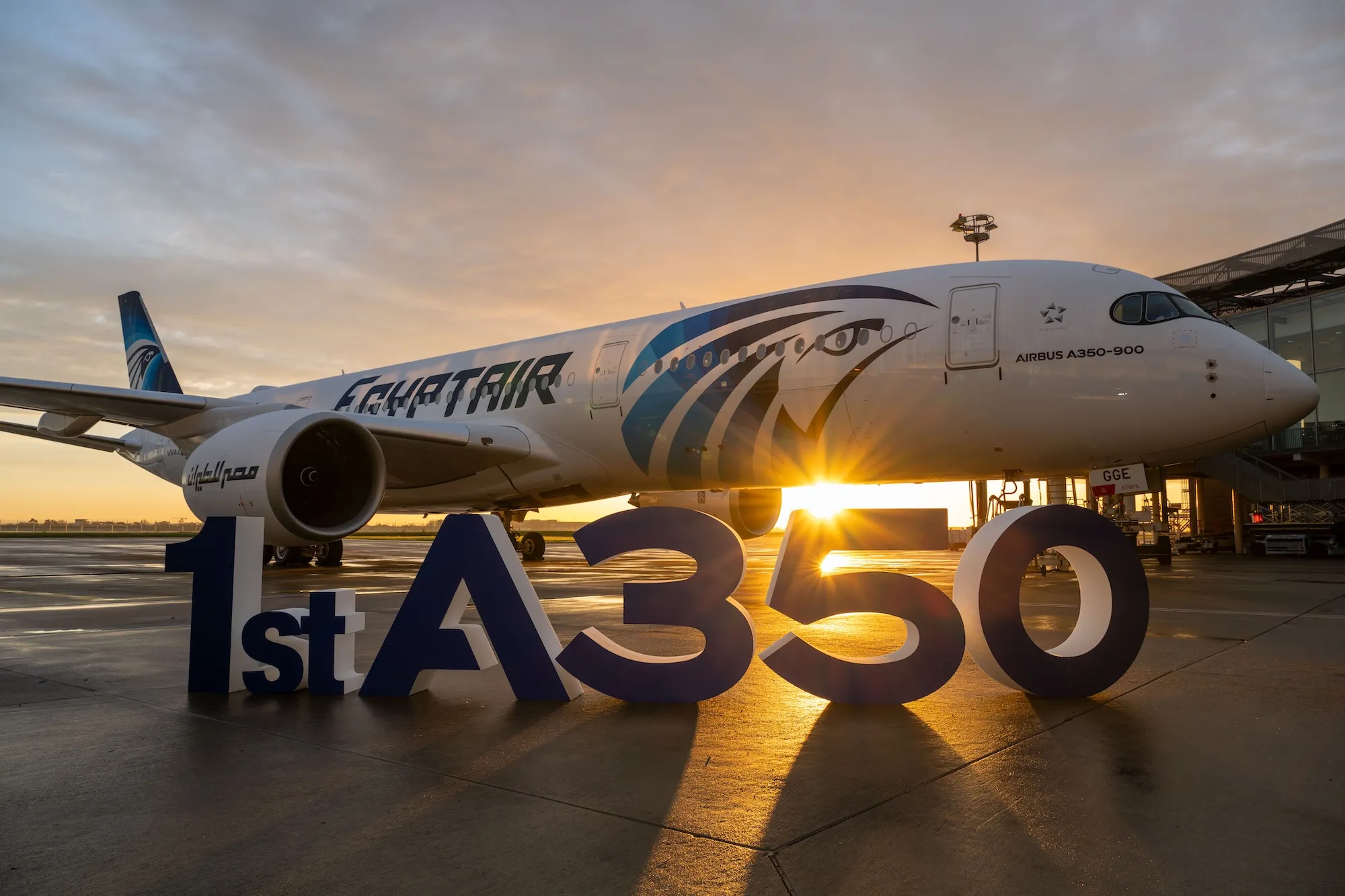
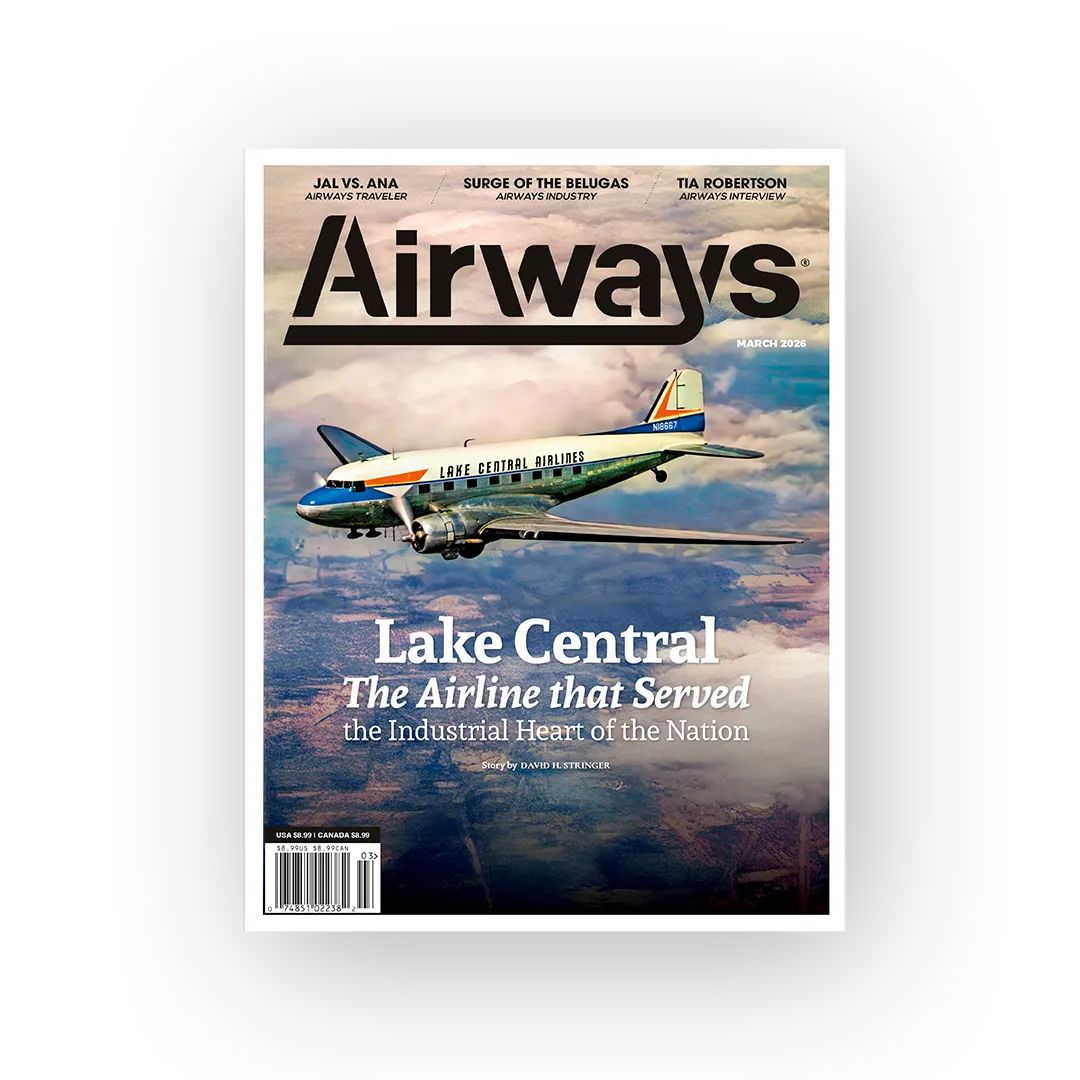
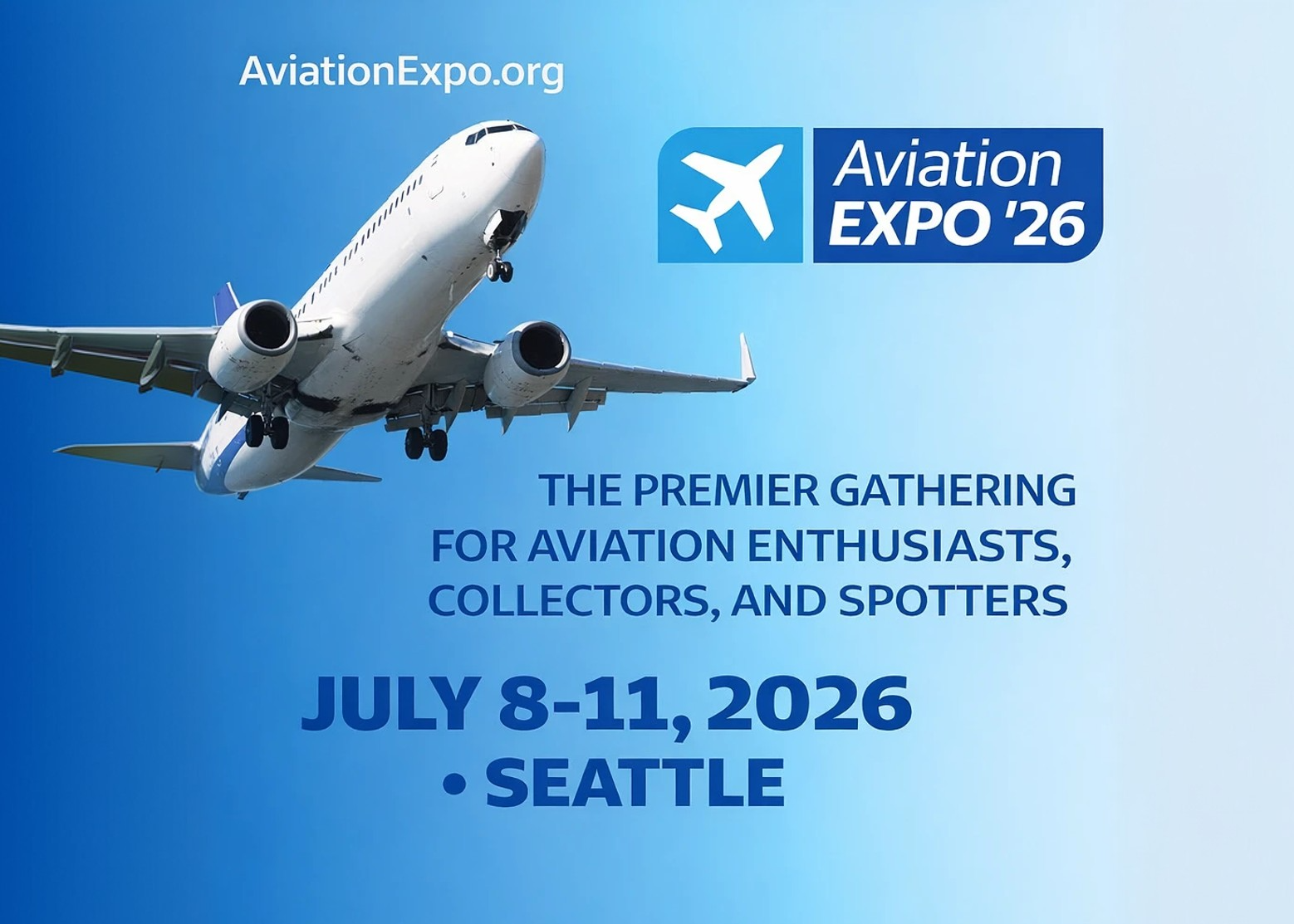
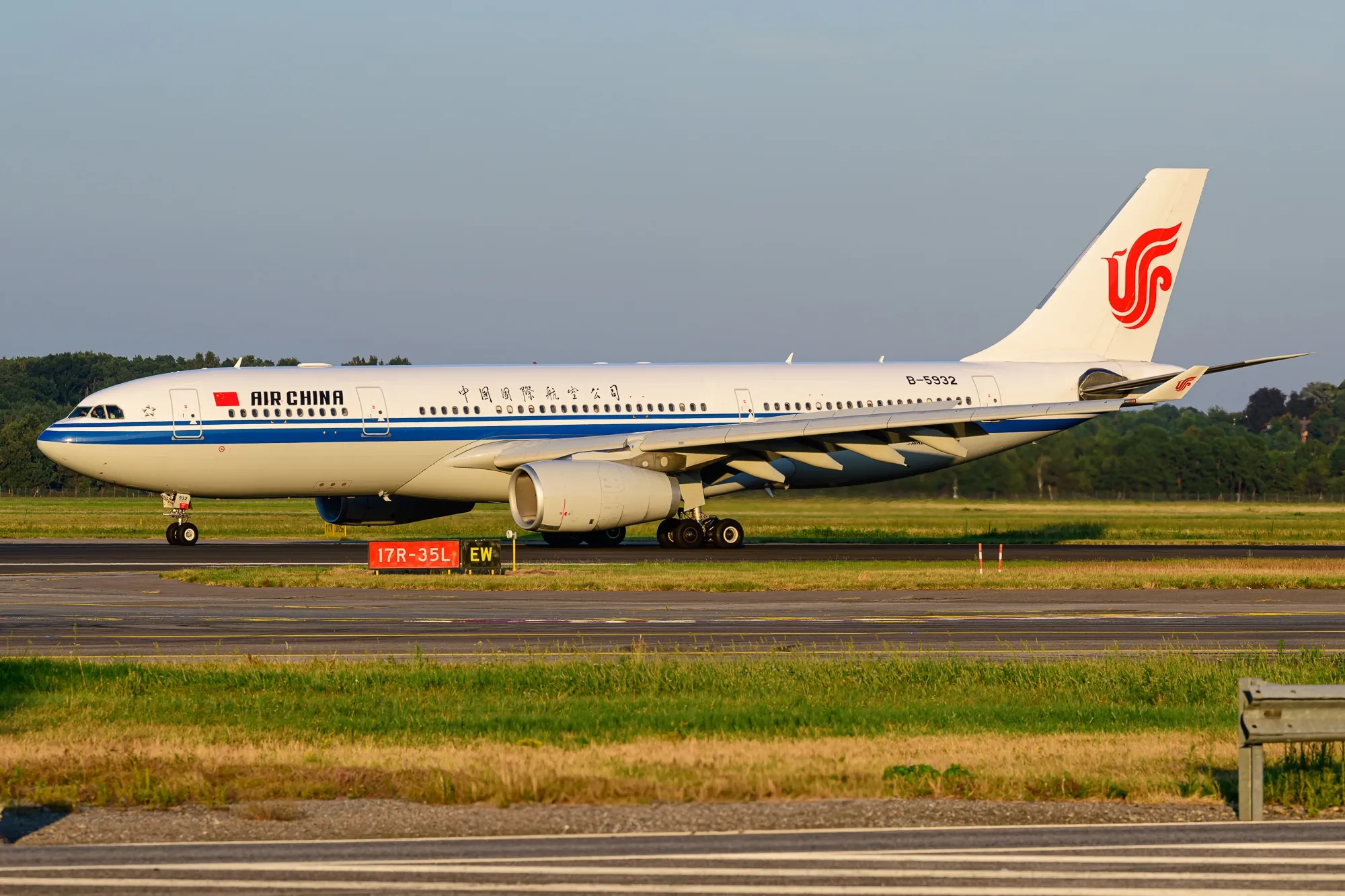
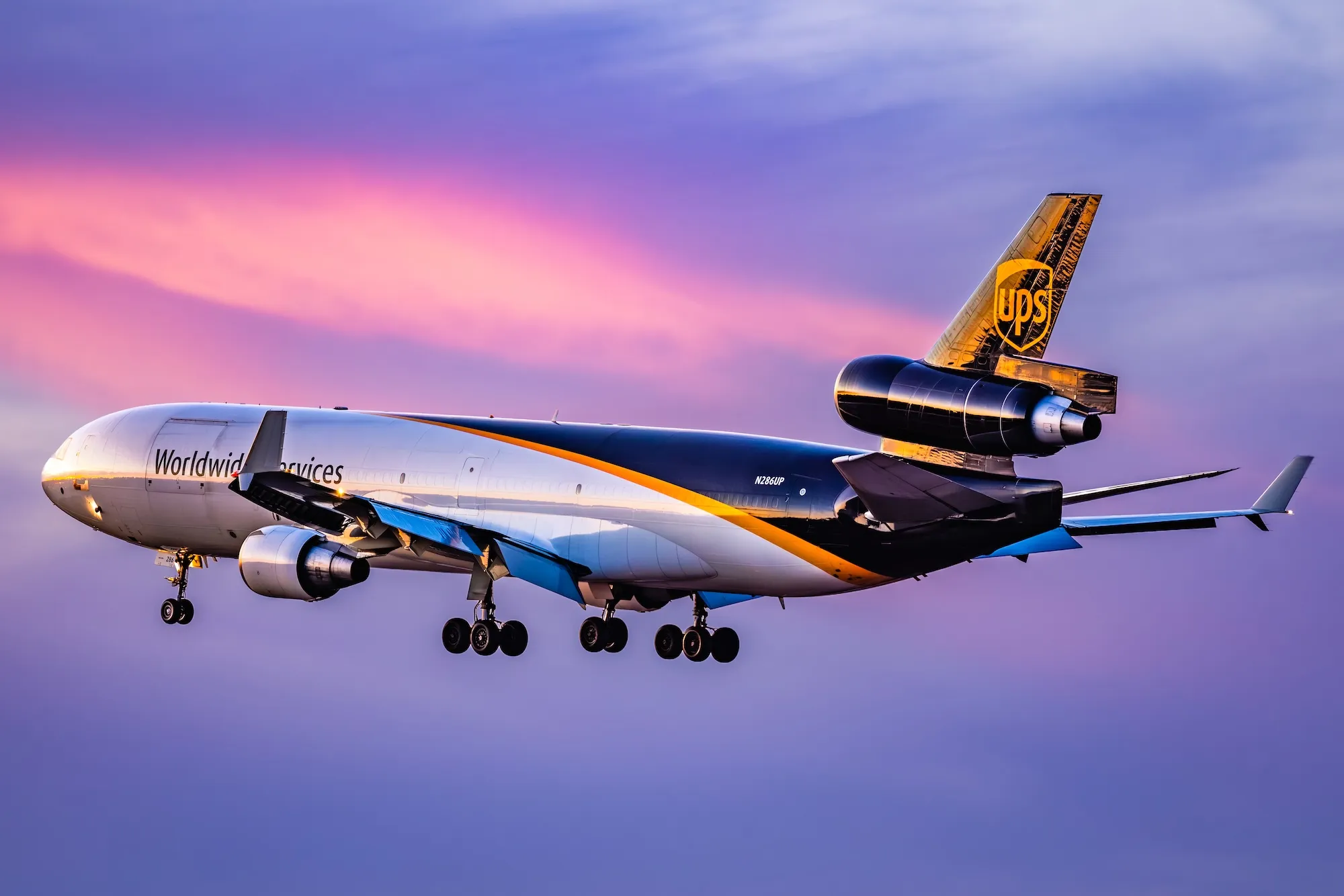
.webp)